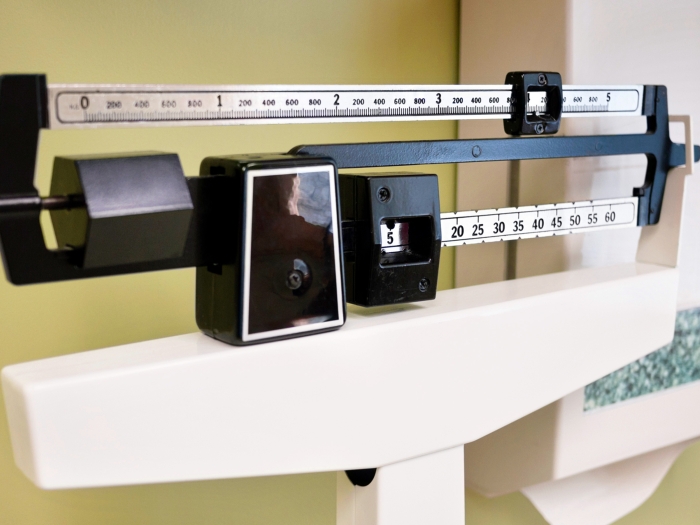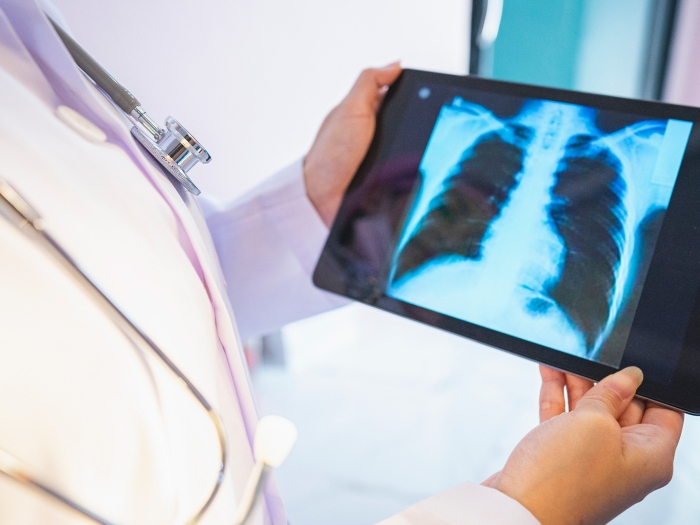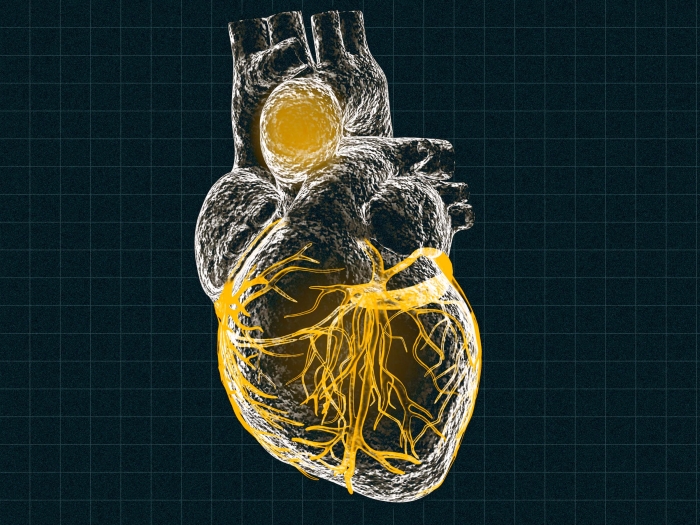Showing 1-15 of 214 results

Health Lab
A large grant for Michigan Medicine will launch important research to improve the screening and treatment for a gynecologic disorder that disproportionately impacts Black and Hispanic populations

Health Lab
Youth with heart disease enrolled in unique program that teaches resilience and builds connections with their peers

Health Lab
A weight navigation program for primary care patients with obesity led to more use of proven weight management strategies and more weight loss

Health Lab
A national study from Michigan Medicine shows that the use of these weight loss drugs is increasing rapidly in adolescents and young adults 12-25 years, especially females.

Health Lab
Researchers uncovered nine elements that have significant effects on a whether a patient may develop pneumonia, with nearly 20% of patients moving into a higher risk category based on what occurred during or following the surgery.

Health Lab
The newest version of the heparin reversal drug, described in a recent issue of Advanced Healthcare Materials, adjusted the number of protons bound to it, making the molecule less positive so it would preferentially bind to the highly negative heparin, resulting in a much safer drug.

Health Lab
A team of researchers have spent the past eight years looking at better ways to transport organs for donation, specifically hearts, to improve the number of organs that can be used for transplants. They found that using a modified normothermic perfusion system heart preservation was feasible for up to 24 hours.

Health Lab
Using human cells in an animal body, a team of researchers has developed a functional model of thoracic aortic aneurysm, creating opportunities for more effective understanding of disease development and treatments for the potentially fatal condition.

Health Lab
A research team, led by Michigan Medicine and in partnership with Hurley Medical Center, finds that nearly three-quarters of patients at a clinic in Flint, Mich., a community that is predominantly Black and socioeconomically disadvantaged, had neuropathy — of which 75% was undiagnosed.

Health Lab
A patient who has received two heart transplants years apart shares his story and the importance of advocating for organ donation.

The Fundamentals
Today on The Fundamentals, our guest Dr. Martin Myers, Director of the U-M Elizabeth Weiser Caswell Diabetes Institute, discusses diabetes research in the context of Ozempic, Wegovy, and other drugs that are changing how people think about weight loss.
You can learn more about Dr. Myers here, and you can follow the department of molecular and integrative physiology @UMPhysiology on X.

The Fundamentals
Today on The Fundamentals is Dr. Maria Castro, the R.C. Schneider collegiate professor of neurosurgery, and a professor of cell and developmental biology at the University of Michigan Medical School. Her research program aims to develop immunotherapies for primary and metastatic brain cancer, studying basic immune biology mechanisms leading to clinical implementation. She has been inducted into the American Association for the Advancement of Sciences, the Latin American Academy of Sciences, and the American Institute for Medical and Biological Engineering College of Fellows. She has won numerous awards for her contributions to basic science and cancer research and is a diversity ambassador for the Cancer Biology Graduate Training Program.
You can learn more about Dr. Castro here, and you can follow her @castro2355_mg, the Rogel Cancer Center @UMRogelCancer, the department of neurosurgery @umichneuro, Michigan Neurscience Institute @UM_MNI and the department of cell and developmental biology @UMCDB on X

Health Lab
Experts discuss pregnancy and heart health.

Health Lab Podcast
A survey focused on how much people in their teens and early 20s know about periods and their experience and attitudes around “period poverty”.